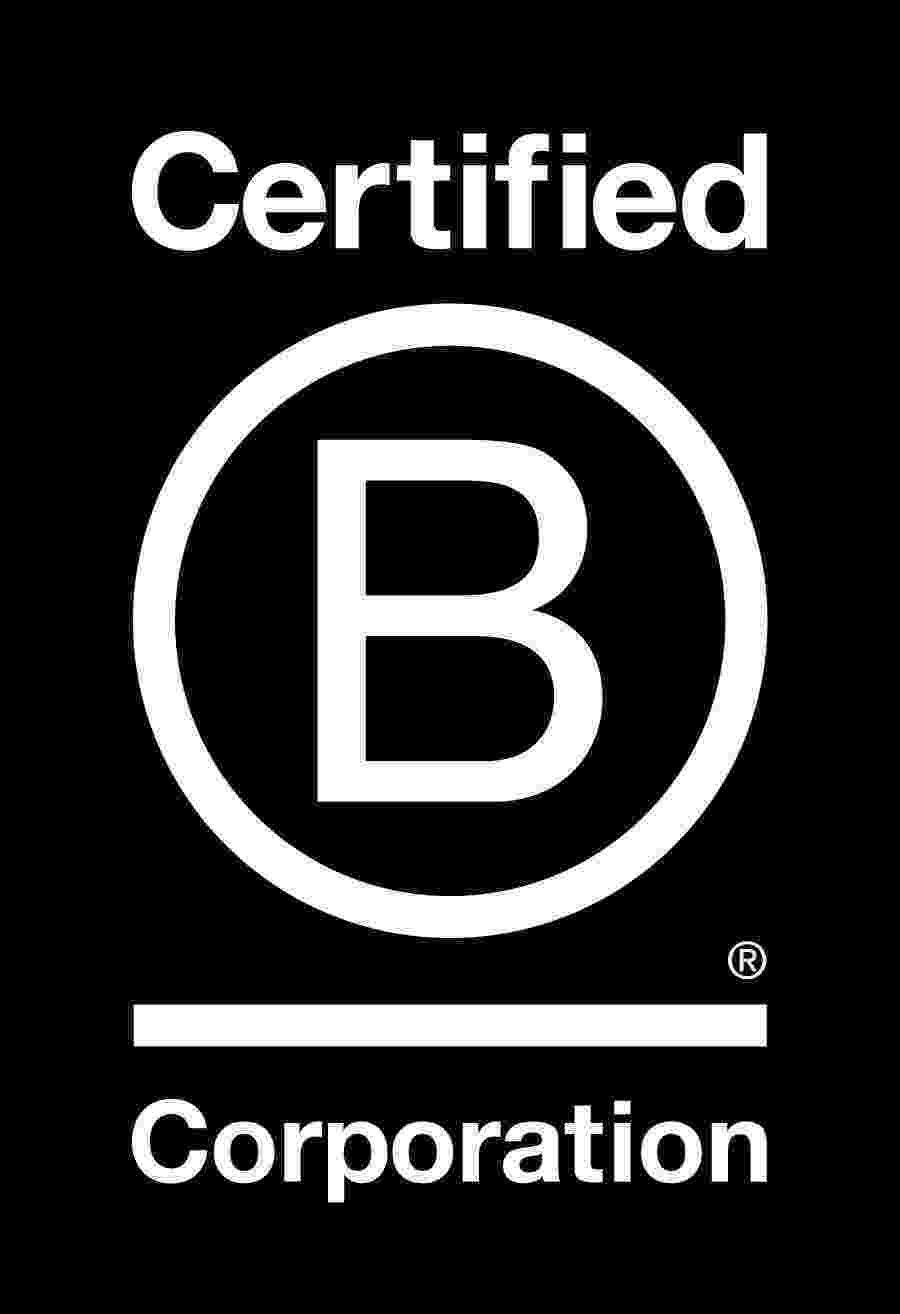App Tracking Transparency & It's Impact on Advertising
On the 27th of March, Apple released an update to their iOS called iOS14.5. Not something that really should garner headlines in the likes of the Guardian and the New York Times. But because iOS14.5 includes the ‘app tracking transparency’ feature, it has got the likes of Facebook hot under the collar, journalists across the world trying to understand what it all means, while advertisers and agencies wait to see if this is the first step into a more privacy centric internet.
So, what is the fuss all about? In a nutshell, this update requires applications to ask for users’ consent before they can track their activity across other apps and websites. If users decline, applications will not be able to access the unique user ID that they need to follow individuals as they live their digital lives. As an Apple user you will have three choices:
1. Allow all apps to track you, and give unfettered access to your Ad ID
2. Use the “kill switch” found in the privacy settings on your iPhone/iPad and stop all apps from tracking you
3. Wait for the app to prompt you “Allow [Facebook] to track your activity across other companies’ apps and websites?” and make a case by case decision.
When originally announced, Facebook, who probably has the most to lose went for an all our assault on Apple, taking out full page ads in newspapers all over the world (the irony!). Privacy groups lauded Apple on making a stance on digital privacy, and Apple responded to Facebook whilst not pulling any punches, “We developed [app tracking transparency] for a single reason: because we share your concerns about users being tracked without their consent and the bundling and reselling of data by advertising networks and data brokers.”
Facebook has the most to lose from this roll out – anyone using Facebook / Instagram / WhatsApp / Messenger on an iOS device will be removed from their targeting pools. This is a serious blow, given that 42% of NZ use iOS, and audience targeting has been Facebook’s USP for a long time.
Key changes to watch out for:
• Suppose an iOS user is served an ad on Instagram and is taken to a web browser to complete a purchase. Under new Apple privacy rules, this event would be lost and not properly attributed.
• With iOS 14.5, there will be an eight-pixel event cap per domain for optimisation. This means that you will only be able to use a maximum of eight conversion events per domain for optimization.
• When it comes to ad reporting data, there will be a three-day delay on data display for the data that comes from iOS 14.5 users
The concern for many advertisers is that Facebook was a very low cost way to target the right audience at the right time. But this update means that their targeting will not be as good as it used to be, and we have already seen CPMs and CPC creep up and performance really start to wane.
At D3 we have prepared all our clients for this change, but we are prepared for more restrictions when it comes to user privacy. Forbes estimates that as many as 70% of users will stop Apps from tracking.
A very unscientific poll we conducted on LinkedIn largely backs this up with 37% planning to stop all tracking and only 5% open to all App tracking.
So, will targeted advertising be a thing of the past, will Google be a monopoly of actionable targeted audiences, and will Apple continue to be “privacy first” or will the lure of the advertising $ be too much to resist? All I know is that whatever happens it is going to be interesting to watch it develop…


